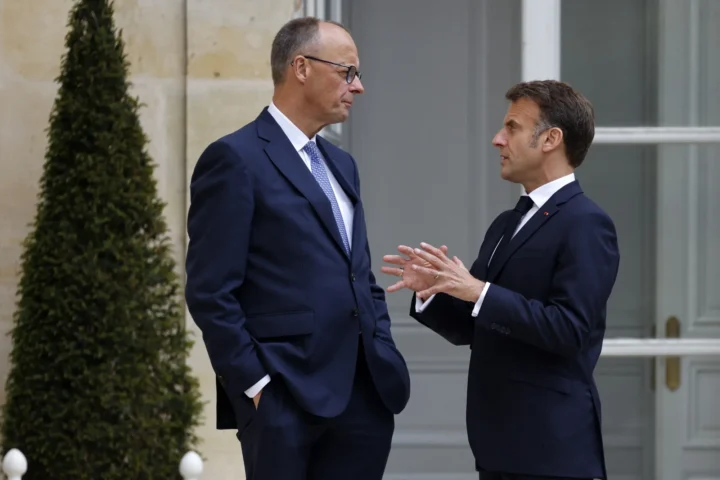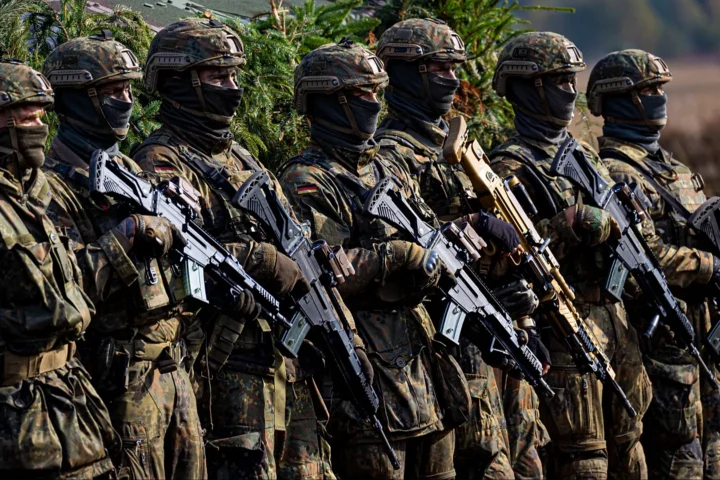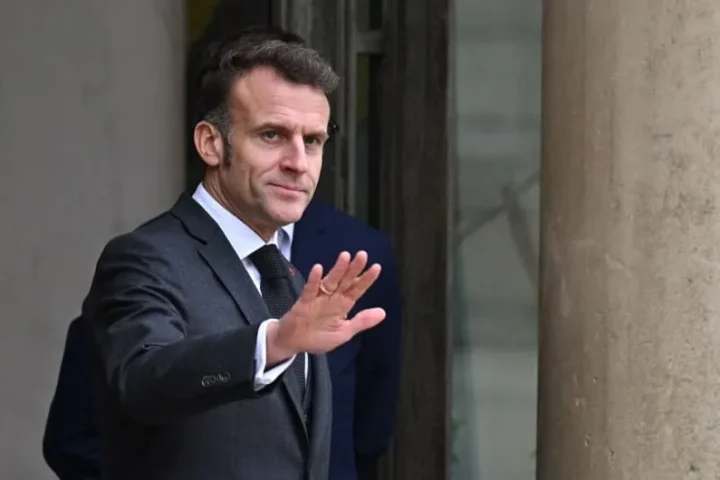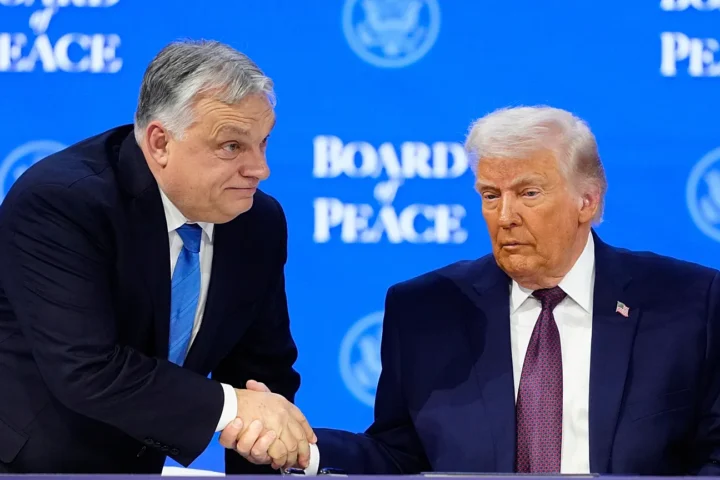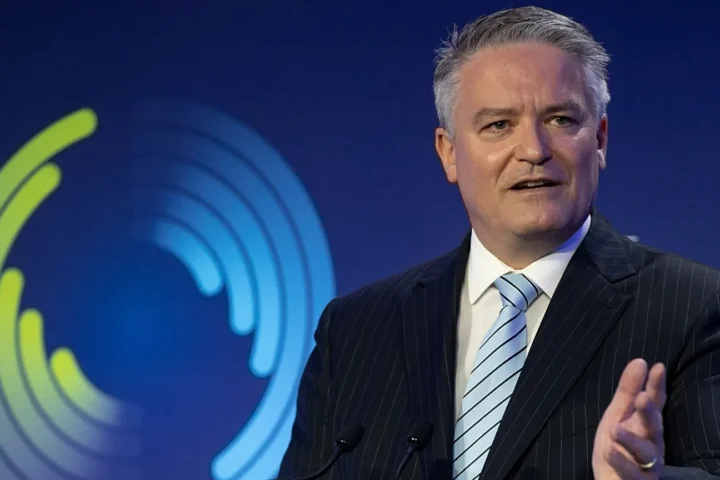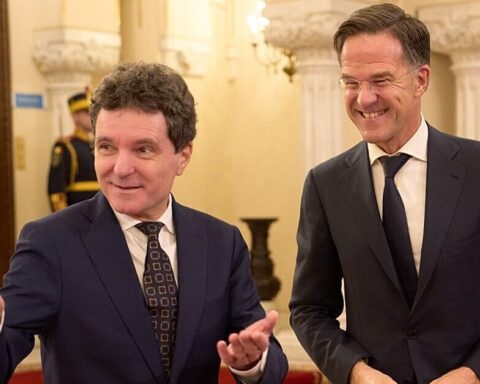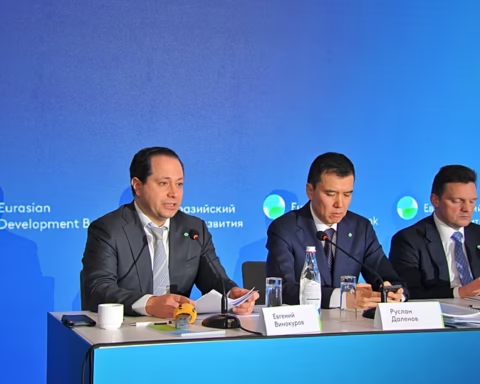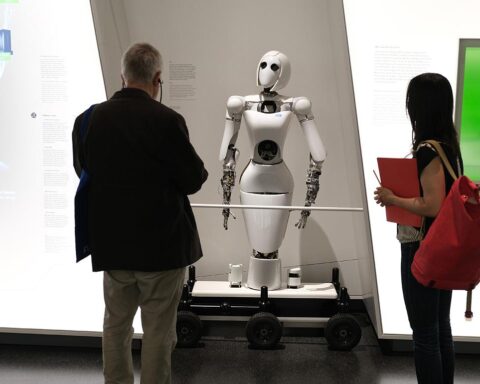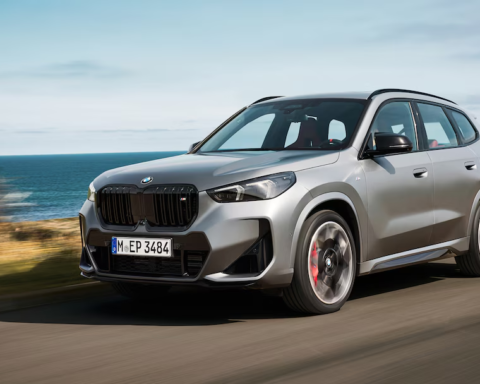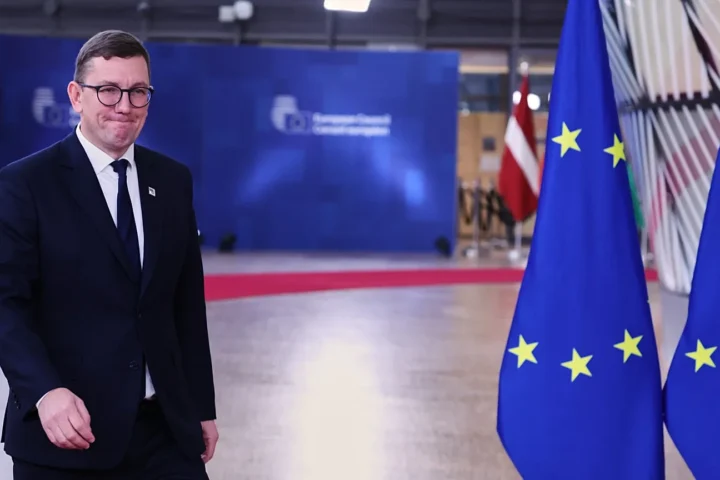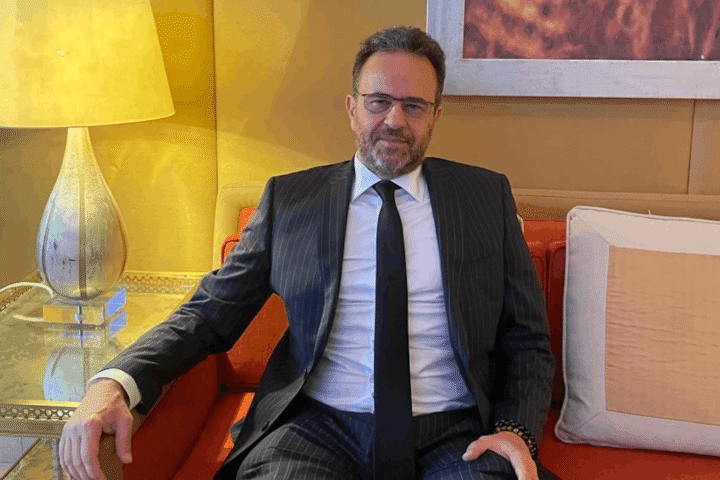Croatian President Kolinda Grabar-Kitarović has issued a stark warning that Europe is at risk of becoming a “geopolitical playground for global powers” due to its fragmented strategic posture and overreliance on the United States for defense. Speaking at a European security forum this week, she argued that former U.S. President Donald Trump’s controversial 2018 threat to pull the U.S. out of NATO unless allies increased their military spending should not be dismissed as reckless—because it forced Europe to confront a long-ignored security reality.
“Europe has been living under the illusion of permanent peace,” Grabar-Kitarović said. “But illusions are not security policy. For too long, Europe has outsourced its security to Washington. Trump may have been blunt, even disruptive—but in essence, he was right: Europe must take responsibility for its own defense.”
Strategic Vulnerability Deepens
Her remarks come amid mounting geopolitical risks facing the continent:
- Russia’s long war in Ukraine has shifted Europe back into a Cold War mindset
- China’s economic leverage in Europe is growing, especially in Eastern and Southern Europe
- Instability in the Balkans and the Arctic poses new security challenges
- The U.S. political future is uncertain as the 2024 election signals potential shifts in NATO policy
According to Grabar-Kitarović, Europe’s inability to speak strategically with one voice leaves it vulnerable.
“The danger is not only external—it is internal disunity,” she said. “A divided Europe invites influence operations, economic coercion, and military intimidation.”
NATO Spending Still Uneven
Her comments revive long-standing tensions within NATO over defense spending commitments. In 2018, Trump publicly criticized allies during a NATO summit in Brussels, warning that if European nations did not meet the alliance’s 2% of GDP defense spending target, the U.S. might “go its own way.”
At the time, European leaders condemned his tone as “unacceptable.” But six years later, NATO admits that Trump’s pressure had an undeniable effect.
- In 2014, only 3 NATO members met the 2% spending goal
- In 2024, 23 NATO members are projected to hit 2%
- European defense budgets have risen over $500 billion cumulatively since Trump’s warning
“Some may not like his diplomacy,” Grabar-Kitarović said, “but he shook NATO out of complacency.”
Europe Still Unprepared for War
Despite rising budgets, Europe continues to face critical gaps in ammunition, defense manufacturing, cyber capabilities, and missile defense. A classified German military assessment leaked earlier this year estimated that Germany would be unable to defend itself for more than 48 hours in a hypothetical Russian offensive without U.S. support.
The European Union has announced plans for a joint defense industrial strategy by 2030, but critics say it may be too slow and lack political unity.
“Europe cannot rely on emergency aid in crisis,” she warned. “The U.S. may not always be there—not because of politics, but because of its own strategic burdens in the Pacific.”
Warning Against New Dependency: China
Grabar-Kitarović also cautioned Europe against swapping one dependency for another by deepening technological and economic reliance on China. She pointed to China’s growing influence in ports, rail infrastructure, and critical raw materials across Europe—especially in Greece, Italy, Hungary, and the Western Balkans.
“Strategic blindness is Europe’s greatest danger,” she said. “We must not repeat our mistake with Russian gas by becoming dependent on Chinese technology.”
The Balkans and the Arctic: Flashpoints to Watch
She highlighted two emerging geopolitical flashpoints:
| Region | Risk Factor | Strategic Concern |
|---|---|---|
| Western Balkans | Rising ethnic tension and foreign influence | Serbia-Kosovo crisis could reignite instability |
| Arctic | Militarization by Russia and NATO | Competition over natural resources and shipping routes |
“The security of Europe does not end at the EU border,” she noted. “The Balkans and Arctic are becoming strategic chessboards.”
Call for a European Defense Doctrine
Grabar-Kitarović urged Europe to move from “reaction to strategy” by adopting a European Defense Doctrine focused on:
✅ A unified EU-NATO defense framework
✅ A joint European military-industrial base
✅ Strategic energy independence
✅ Cyber defense and AI-enabled security
✅ Resilience against information warfare
She also called for Europe to build deterrence, not just rely on diplomacy:
“Peace is not declared. Peace is deterred.”
A Growing Debate Across Europe
Her comments reflect a broader debate gaining momentum across European capitals: Should Europe begin preparing for a future where U.S. protection can no longer be taken for granted?
- France has long pushed for European “strategic autonomy”
- Germany is slowly rearming under its new Zeitenwende policy
- Poland is building the largest land army in Europe
- Nordic countries are integrating defense after joining NATO
- The UK is pushing a stronger Euro-Atlantic security framework
With elections approaching across the continent, defense is moving from a policy niche to the center of European politics.
Conclusion: A Warning Europe Cannot Afford to Ignore
Grabar-Kitarović’s message was clear: Europe stands at a historic crossroads. Without stronger defense capabilities and strategic unity, it risks becoming a battleground for great-power competition between the U.S., China, and Russia.
“Europe has a choice,” she concluded. “We either shape our destiny—or someone else will.”


